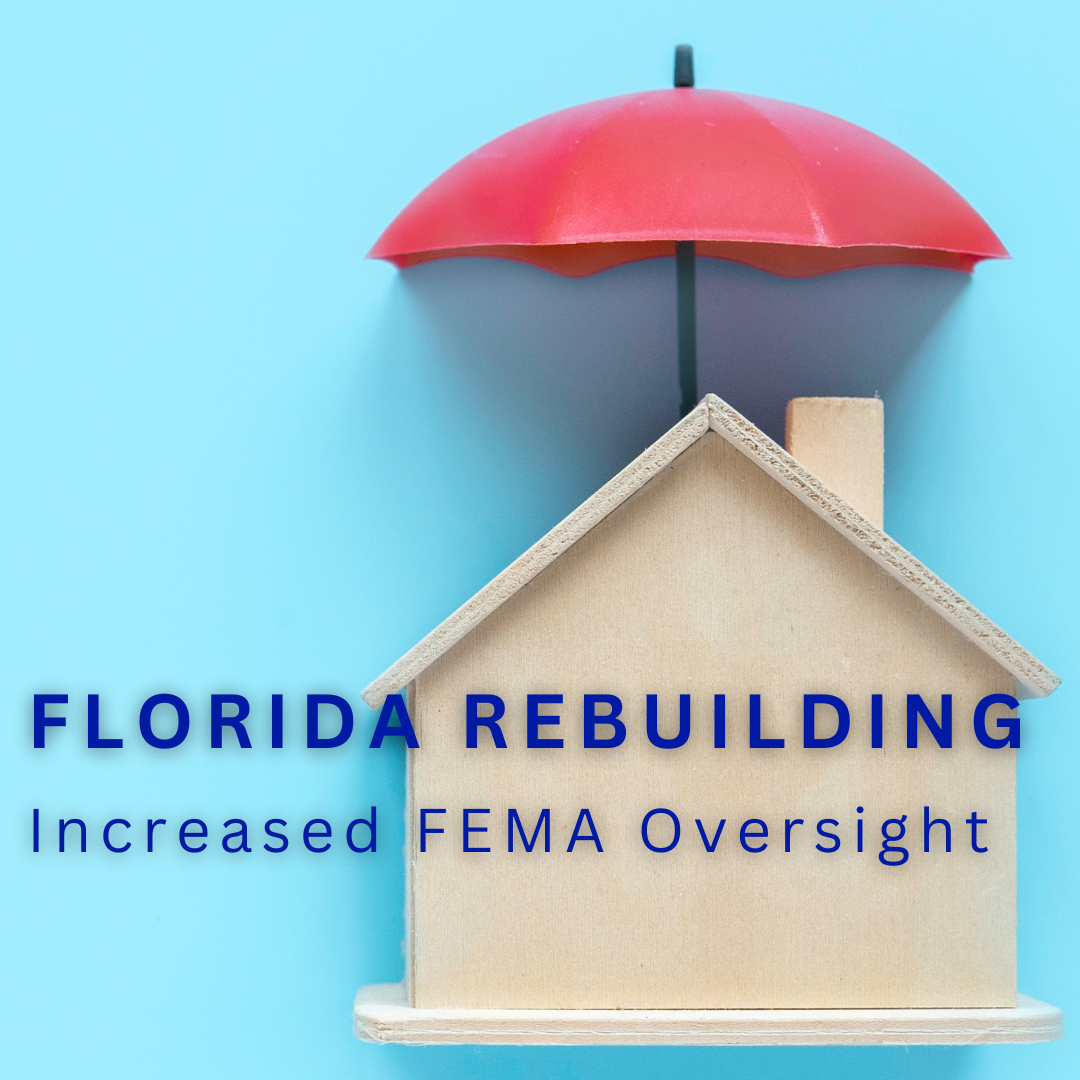When preparing to buy a home, checking your credit report is a key step to ensuring smooth financing. Reviewing your report at least once a year helps keep your credit profile accurate and boosts your chances of qualifying for a mortgage with favorable terms.
Understanding Your Credit Report
Your credit report is a record of your financial activities, tracking how you handle credit, loans, and payments on accounts like mortgages, rent, utility bills, and credit cards. Banks, lenders, landlords, and even some employers check credit reports to assess financial responsibility. Essentially, they want to know: do you make payments on time, and are there any negative marks like late payments or bankruptcies?
The three primary nationwide credit bureaus—Equifax, TransUnion, and Experian—compile and sell these reports. They also generate your credit score, which directly affects loan approval, interest rates, and other factors, such as down payment size.
Why Your Credit Report Matters
Because so many businesses rely on your credit history, accuracy is crucial. A clean, reliable report can positively impact mortgage approval and insurance premiums, while errors may raise your costs or even result in credit denial. Reviewing it annually, and especially before a major purchase like a home, can help catch inaccuracies early.
Key entities that may request your report include:
- Lenders for mortgages, student loans, and credit cards
- Government Agencies that verify eligibility for aid programs
- Employers and Landlords for screening purposes
- Insurance and Utility Companies to determine rates or deposit requirements
How to Access Your Free Credit Report
The Fair Credit Reporting Act ensures that you can access a free copy of your credit report from each of the three major bureaus once a year. Staggering your requests (e.g., pulling one report every four months) can help you keep regular tabs on your credit. You can access your reports at AnnualCreditReport.com.
What to Expect in Your Credit Report
Credit reports from Equifax, TransUnion, and Experian contain:
- Personal Information: Name, birth date, address history, and sometimes employment data
- Payment History: Records of how consistently you pay credit cards, loans, and other credit lines
- Credit Usage: Total credit available, current balances, and usage patterns
- Debt Collection Details: Unpaid medical debts over a year old and over $500, as well as overdue utility bills
- Public Records: Bankruptcy filings, if applicable
- Credit Inquiries: Details on who has requested your report in response to a credit application
If you're denied credit or face an “adverse action” based on a credit report, the company that made the decision should inform you and tell you how to obtain the report they used. This gives you a chance to review and dispute any inaccuracies.
Final Tips for Prospective Homebuyers
Reviewing your credit report annually and before applying for a mortgage or loan can make a difference in getting approved for the best rates. Taking this proactive step also helps protect you from identity theft and ensures that your credit report reflects your financial history accurately.
Key Takeaway: Checking your credit report is free, easy, and can prevent roadblocks when you're ready to buy a home. Visit AnnualCreditReport.com to get started.












